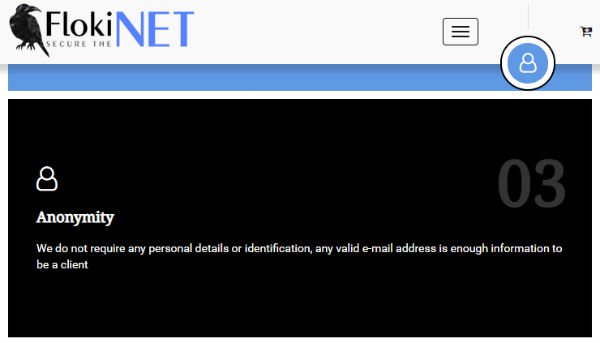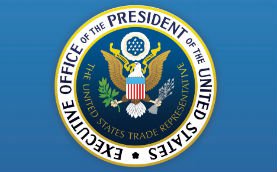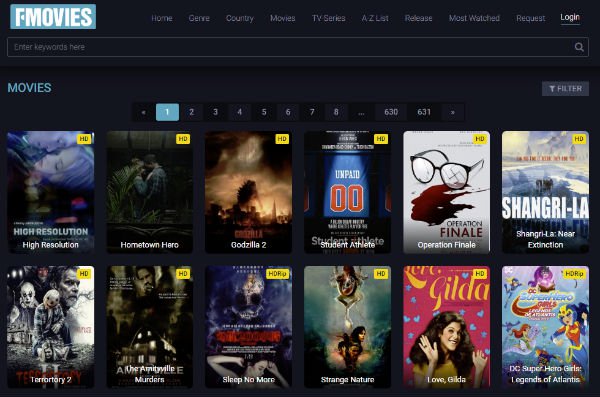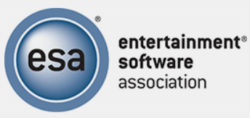‘Blocking Pirate Sites is Not Enough, Russia Should Shut Them Down’
jeudi 4 octobre 2018 à 22:16 There can be little doubt that Russia has some of the most agressive anti-piracy policies in the world.
There can be little doubt that Russia has some of the most agressive anti-piracy policies in the world.
After it became a member of the World Trade Organization (WTO) in 2012, the country made several promises to protect creators’ rights and take action against infringing websites.
In the years that followed, processes for website takedown policies were streamlined, and more recently Russia’s telecoms watchdog Roscomnadzor issued ISP blockades against thousands of pirate sites.
To ensure that it wouldn’t be easy to circumvent these blockades, Russia’s Government also implemented a law that outlaws all VPNs and anonymizers that bypass site blocking measures. Companies which violate this, risk a $12,000 fine.
To tighten things up even further, search engines are also prohibited from linking to blocked pirate sites and unauthorized VPNs and anonymizers.
These are rather tough measures, especially compared to the United States where site blocking is still a no-go. Still, a coalition of prominent rightsholder groups, including the RIAA and MPAA, is still not happy.
The groups are united in the International Intellectual Property Alliance (IIPA) which asked to testify during today’s US Trade Representative hearing on the implementation of Russia’s WTO Commitments.
In its application, IIPA recognizes the progress made thus far, but these recent changes are not enough. The rightsholder groups tell the US Government that they would like Russia’s actions to have an impact on Americans as well.
“Unfortunately, in recent years, these new procedures and processes have been directed only at online piracy by users within Russia. The result has been a substantial and persistent international copyright piracy problem of illegal sites and services accessed by users outside of Russia,” the IIPA writes.
“The Russian Government needs to engage in enforcement targeting illegal sites and streaming services that operate in Russia, even if the users are abroad.”
While Russian interference over the Internet is not always appreciated, in this case, it would be welcomed. And since the Russian Government can’t force US ISPs to start blocking, they will have to go after thousands of sites directly.
The IIPA would like to see more criminal investigations and prosecutions of pirate site operators, mentioning Rapidgator, Rutracker, vKontakte, and Sci-Hub as persistent offenders.
“In short, more enforcement is needed, targeting these and the myriad of other infringing websites. Proper enforcement actions would include steps to keep infringing sites down and taking criminal enforcement actions against the owners and operators of these sites that are causing significant economic harm to rights holders,” the IIPA writes.
There is no denying that there are pirate sites operating from Russia. However, considering Russia’s recent progress, it would be no surprise if Putin and his comrades pointed the finger right back at the US.
They only have to use The Pirate Bay as an example. The world’s most ‘notorious’ pirate site has been operating freely from a US-controlled .org domain, using the caching services of the US company Cloudflare, while earning most of its revenue from entirely unblocked American visitors.
—
A copy of the IIPA’s full letter, sent to the Office of the United States Trade Representative, is available here (pdf).
Source: TF, for the latest info on copyright, file-sharing, torrent sites and more. We also have VPN reviews, discounts, offers and coupons.

 In tandem with many other copyright industry groups, the RIAA sent its overview of “notorious markets” to the US Trade Representative (USTR) this week.
In tandem with many other copyright industry groups, the RIAA sent its overview of “notorious markets” to the US Trade Representative (USTR) this week.
 Responding to a request from the Office of the US Trade Representative (USTR), various copyright holder groups have submitted their annual overviews of ‘notorious’ markets.
Responding to a request from the Office of the US Trade Representative (USTR), various copyright holder groups have submitted their annual overviews of ‘notorious’ markets. 

